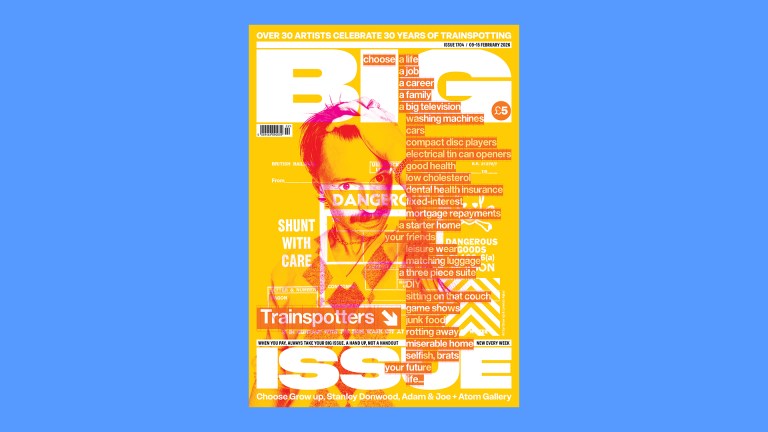Nitazenes, a type of synthetic opioid which can be up to 500 times stronger than heroin, have been linked to at least 284 deaths in the UK since June 2023, according to the National Crime Agency. Nationally, authorities have reacted to the threat they pose. The Home Office banned 14 types of nitazenes in March 2024, making them Class A drugs. OHID, one of the UK’s main public health agencies, has told councils to prepare for the synthetic opioids showing up on their streets.
Data from Yates’s database, shared with Big Issue, shows that in the three months of summer 2023, 21 people died from nitazenes. Many of those lived in homelessness, or died in homeless accommodation. One weekend in July saw three people lose their lives. Had it been a train crash, fire, or flood, it is hard to imagine 21 deaths in one city, with a single cause, passing without widespread media and political attention. But as England’s second city mustered an emergency response and people died in hostels, workplaces, and on pavements, what happened went largely under the radar. Authorities remain unwilling to talk about the lives lost.
In this week’s issue, senior reporter Greg Barradale investigates the opioid killer stalking the UK.
What else is in this week’s Big Issue?
A £14 electric guitar from Woolworths set Lightning Seeds frontman Ian Broudie on the path to a life of riley.
“We’d get cheap records from Woolworths on Penny Lane; they were called deletions, it was leftover stock, and you could get Faust or Captain Beefheart or Love albums for 49p. It was what I could afford and it really influenced me. Woolworths loomed large in my world.”
How Labour can deliver a transformative budget that works for everyone
On 30 October, chancellor of the Exchequer Rachel Reeves will deliver the first Labour budget in almost a decade and a half. The autumn statement will contain “difficult decisions” on tax, spending and welfare, the chancellor has warned, citing a £22bn “black hole” in the public finances. The language has fuelled speculation about cuts to public spending. Yet “nothing is inevitable”, said Robert Palmer, executive director at Tax Justice.
Munya Chawawa’s new documentary takes comedic swipes at authoritarian regimes
Munya Chawawa grew up in Zimbabwe. Political and economic crises in the country, led at the time by Robert Mugabe, forced his family to move to the UK when he was 11. Since then, ‘great’ dictators have fascinated Chawawa, who is one of the biggest names in British comedy at the moment.









